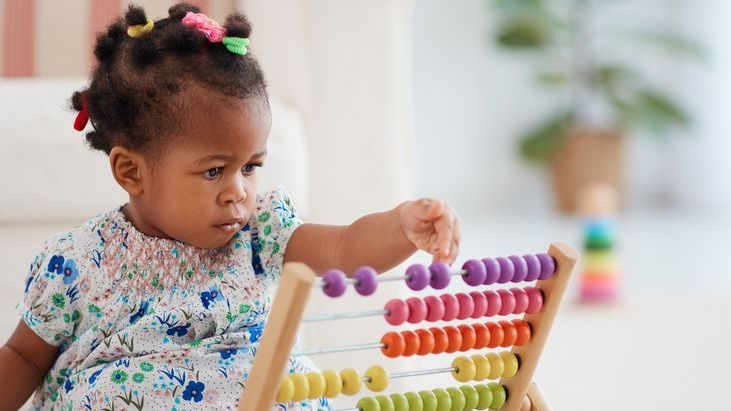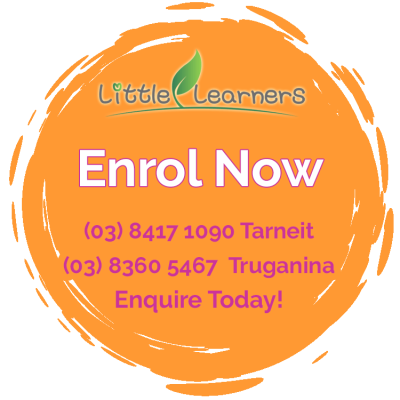
Importance of Early Childhood Education
Children are learning constantly. As their brain grows, their curiosity and skills expand. Early learning encourages children to constructively engage with their environment and peers, as well as helping to build the essential skills they’ll need throughout their lives.
Children are naturally curious and want to learn. They continuously seek out new things to try or new ways of doing things. Early childhood education channels this curiosity, helping children to interact with each other, to grow their cognitive functions, and to guide their emotional development.
Age-appropriate activities are key to helping children successfully navigate each stage of development. Many early years educators emphasise play-based learning as a way to pique that natural curiosity through a child’s special interests – combining learning with fun holds their attention for longer and helps frame learning in an interesting and exciting way.
Benefits of Early Learning for Cognitive and Social Development
Children are blank canvases, and they thrive on positive input that boosts their cognitive, social, and emotional development. Placing a child in a structured setting, such as an early years daycare centre, provides equal focus to these critical development areas. Children will face:
Age-appropriate challenges that nurture their sense of curiosity,
Engage them in problem-solving,
Help them express themselves creatively.
Cognitive growth at this age is important so that they are equipped to deal with the challenges faced when starting school, and beyond. It also lays the foundation for their critical thinking and reasoning skills.
Social development is just as important as the cognitive aspects of early learning. In a group setting, children learn how to navigate the issues that can arise among young peers. They can build social skills by participating in group activities that help them to learn to share toys, learn to take turns and learn to listen and follow instructions.
Learning these skills can take some time – so it’s important to positively encourage them frequently, both within a childcare setting and at home.
Children also need a safe space to learn how to manage their emotions constructively. With guidance, children can learn how to:
Express their emotions verbally,
Calm themselves when they become overwhelmed,
Form and maintain relationships/friendships,
Develop an emotional intelligence they will rely on throughout their lives.
By using a play-based approach, early years educators harness a child’s curiosity and encourage them to explore their creativity and problem-solving while also having fun!
How Play-Based Learning Fosters Growth
If you’re not familiar with what happens inside a play-based early learning centre, you might assume that kids simply play with toys until it’s time to go home. But that’s not the case. While children do play a lot, play-based learning provides play opportunities that simultaneously teach children critical life skills.
They may learn their shapes and colours through a matching game, they may learn how to count by building blocks. Learning how to share, take turns, and communicate are all skills passively learned while the children are actively engaged in an interesting game.
This approach encourages creativity and imagination by offering problem-solving opportunities. It also gives opportunities to learn social skills and communication, two key areas that children need to develop to thrive in social settings. It also allows children the space and time to learn at their own pace, to focus on the activities that excite them, and to instill a lifelong curiosity and love of learning.
Are You Curious About Play-Based Learning?
Would you like to see how play-based learning works in practice, the activities available to children, and how their skills grow through these interactions? You can book a tour at Little Learners Day Care Centre before enrolling your child, by giving us a call today.
We service the following areas:

